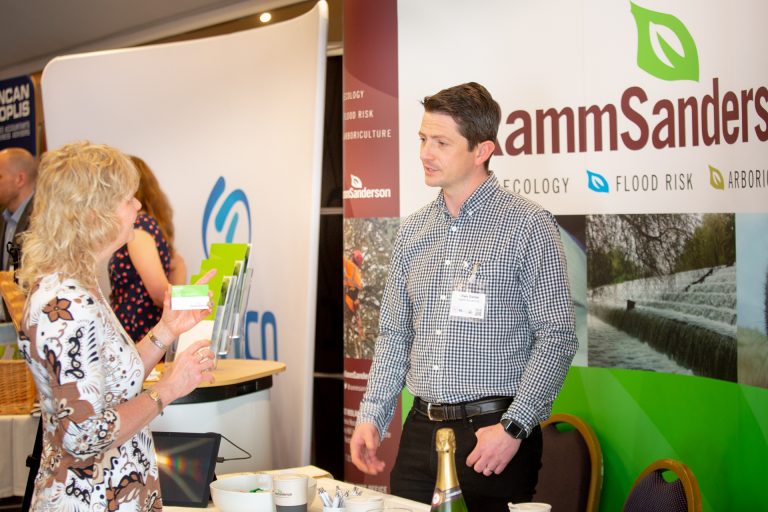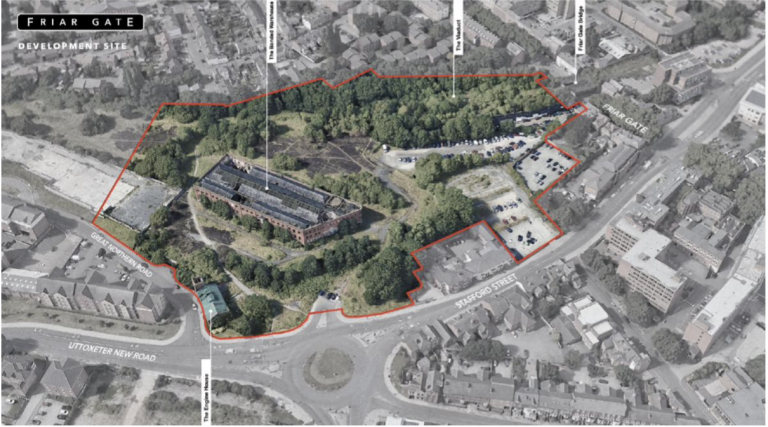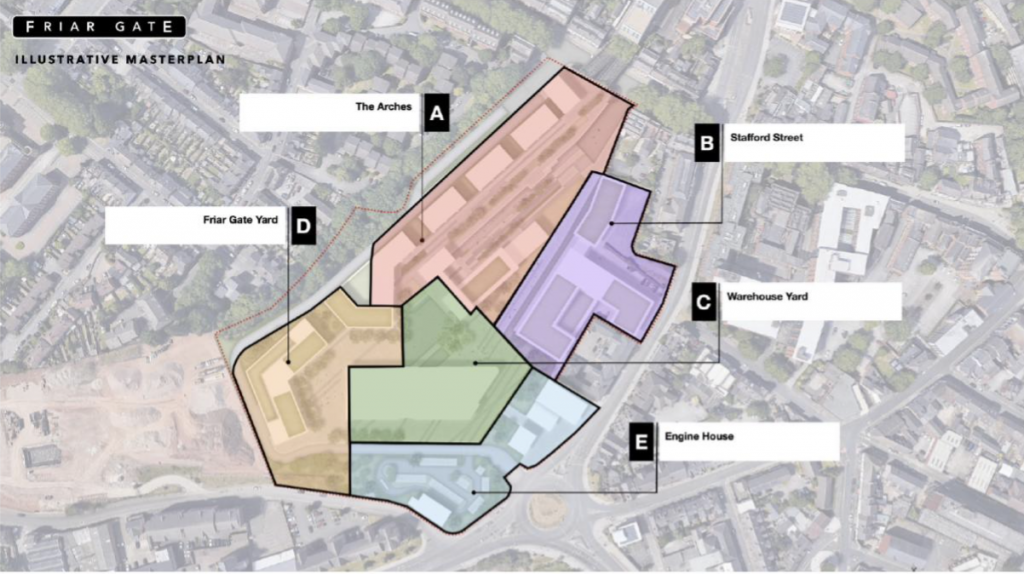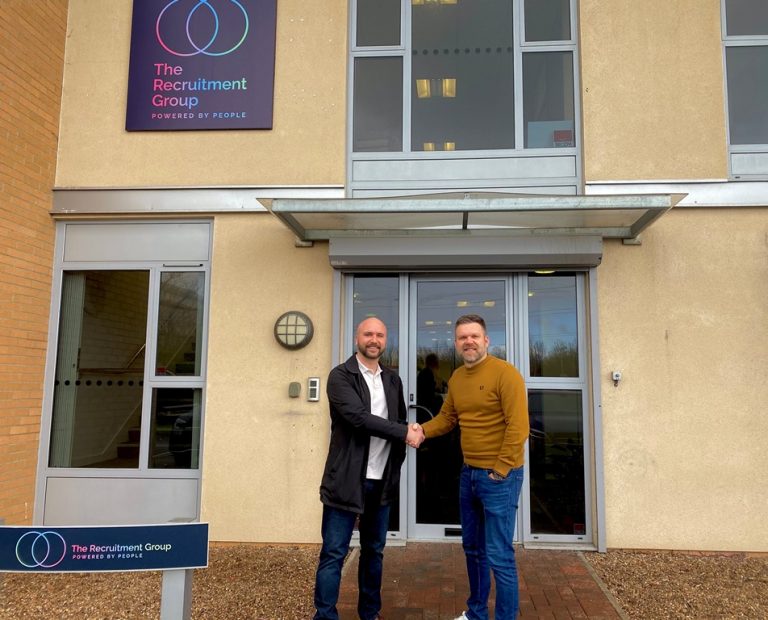Marks Electrical Group, the Leicester-based online electrical retailer, has hailed a record year.
According to a trading update for its fourth quarter ended 31 March 2022, ahead of announcing its full year results, the company posted record full year revenue with growth of 44% to £80.5m, up from £56.0m in the year prior. Meanwhile Q4 saw revenue grow 19% from £17.4m to £20.7m.
Mark Smithson, Chief Executive Officer, said: “The fourth quarter was another excellent trading period for us, with 19% revenue growth vs. a particularly strong comparative of 127% in the prior year. Our disciplined focus on margin management, capital allocation and cash generation has also led to a strong returns profile from our asset light operating model.
“During the period we have continued to enhance our operational capacity and have added additional resources in our customer services and driver-installation teams, helping us to maintain our market-leading customer service score of 4.8 on Trustpilot. Our USP of free next day delivery with our own fleet of vehicles, combined with our capacity unconstrained single site location, is helping us deliver operational excellence and gain market share in a highly competitive market.
“We continued our focus on improving brand awareness with our offline marketing campaigns, coupled with our search engine optimisation improvements, driving higher levels of organic and direct traffic.
“With face to face meetings back on the agenda, we have met with multiple suppliers during the period and discussed our expansion plans and ways in which we can support each other’s growth objectives. This, coupled with inventory expansion in the second half, as supply constraints start to ease, is making Marks Electrical a more prominent retailer for our brand partners.
“I would like to take this opportunity to thank our colleagues and brand partners for helping us achieve a record year, despite a challenging market environment. We are well placed to seize the opportunities ahead thanks to our compelling customer proposition, low-cost operating model and continued focus on profitable market share growth, with more and more people from across the UK coming into contact with the Marks brand for the first time. As we look forward to FY23, our trading momentum has continued during the start of April, setting us up well for our FY23 financial targets.”













